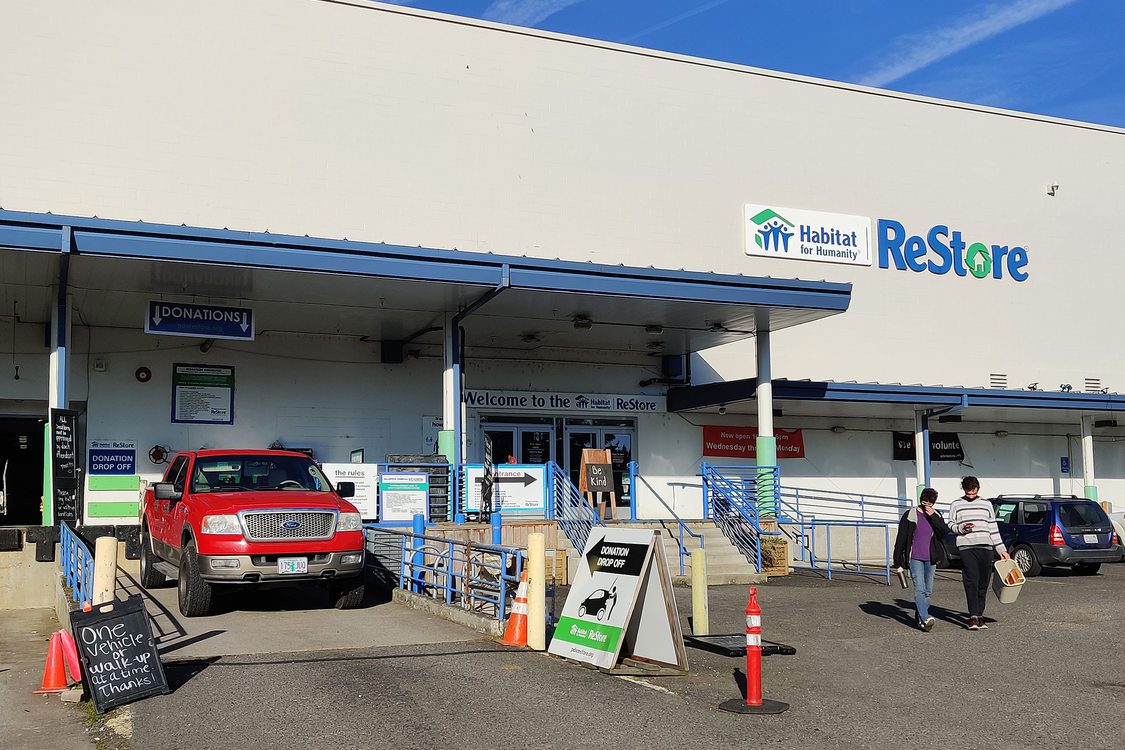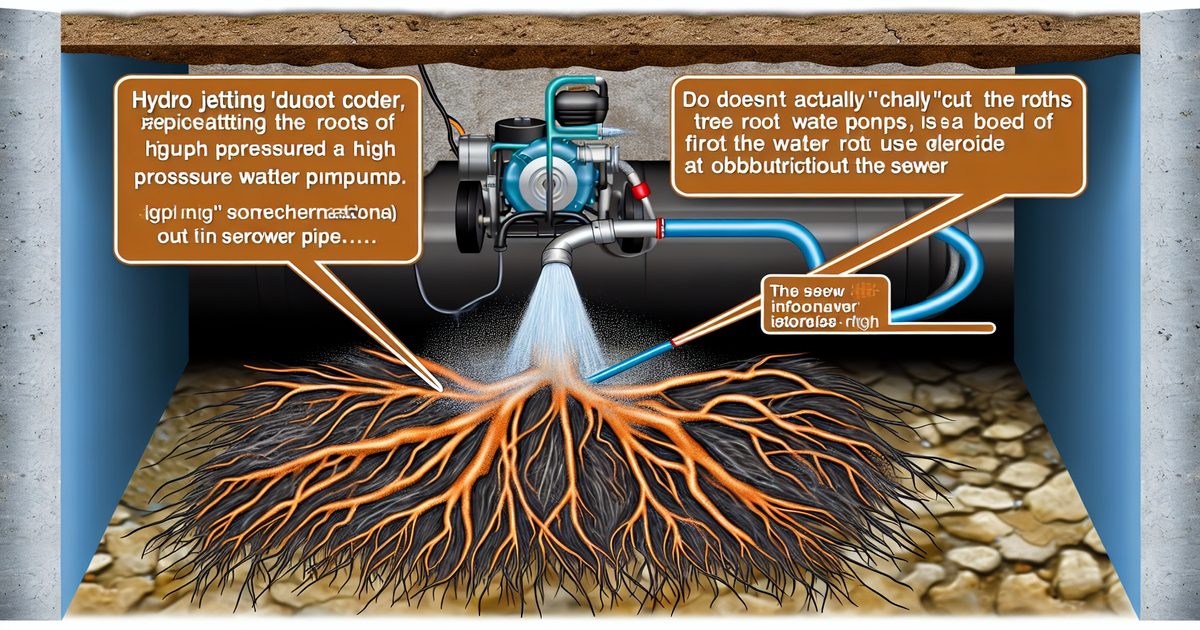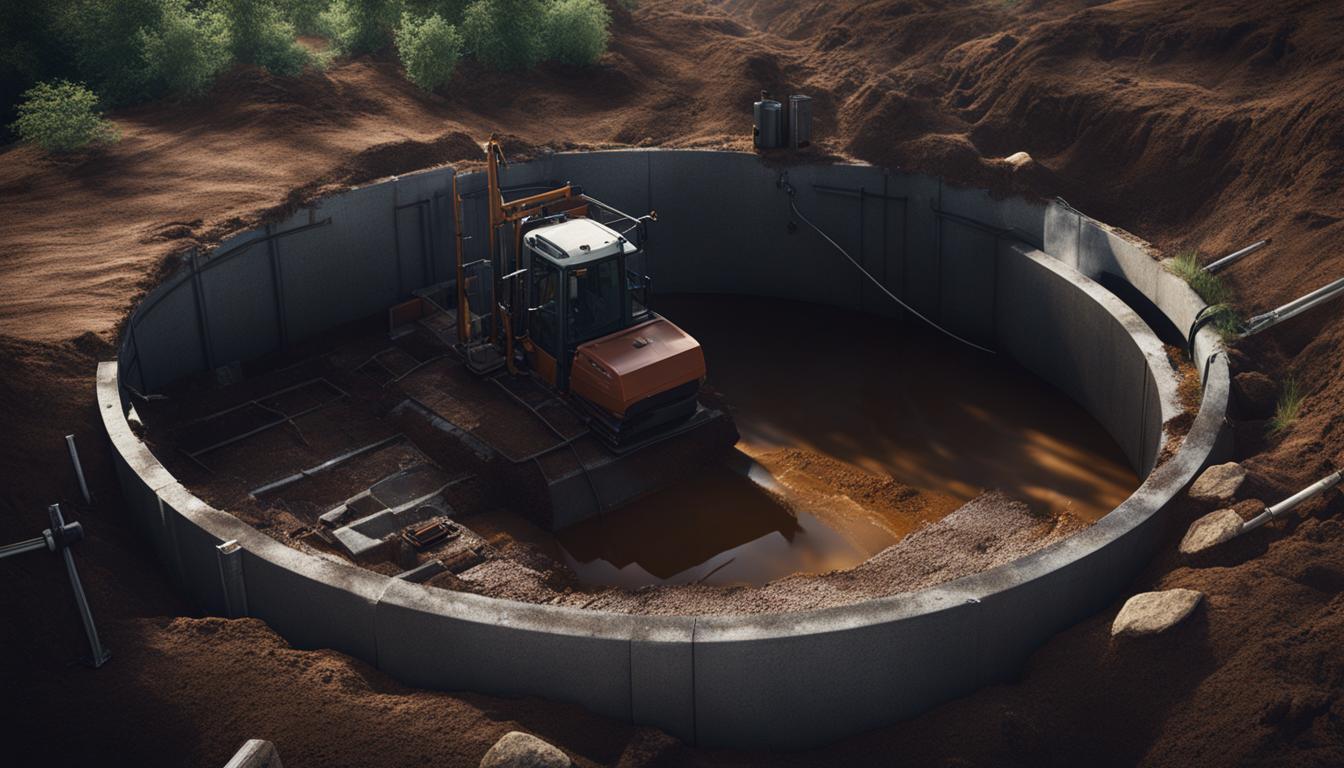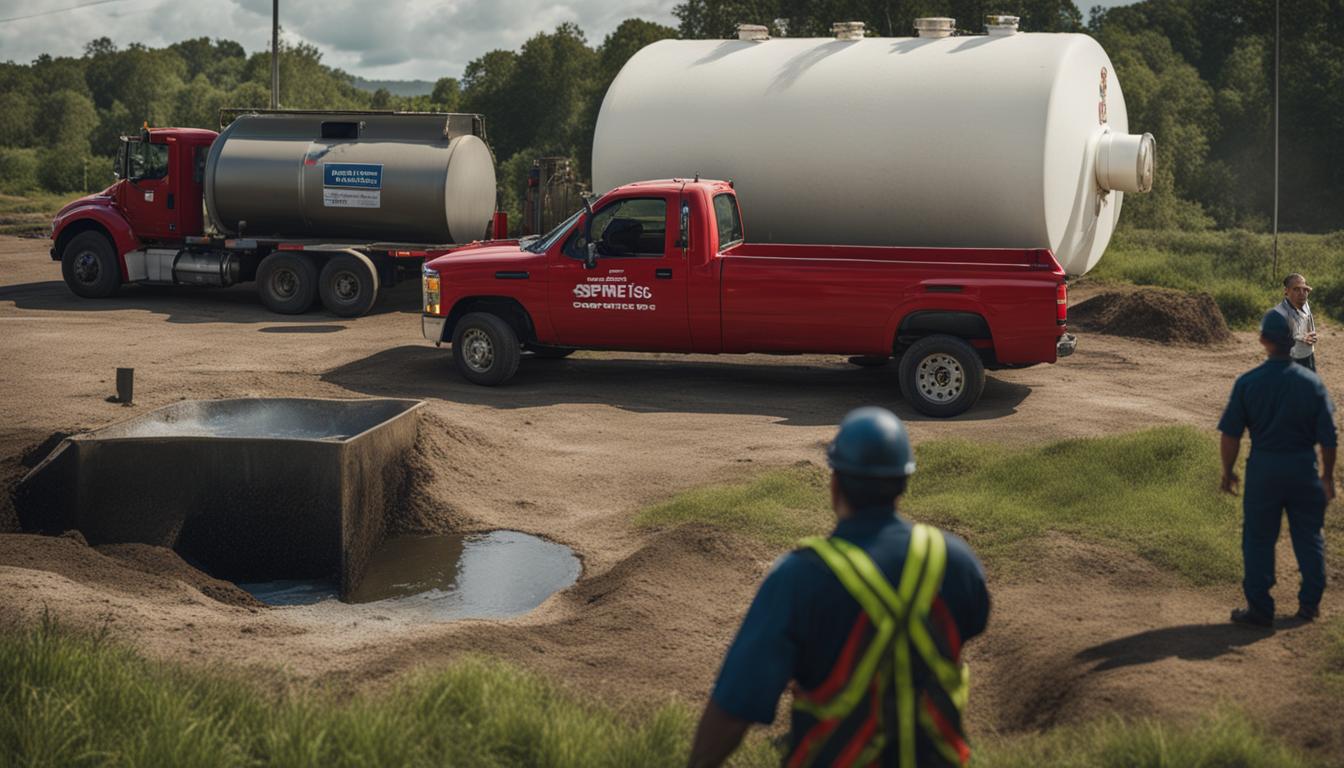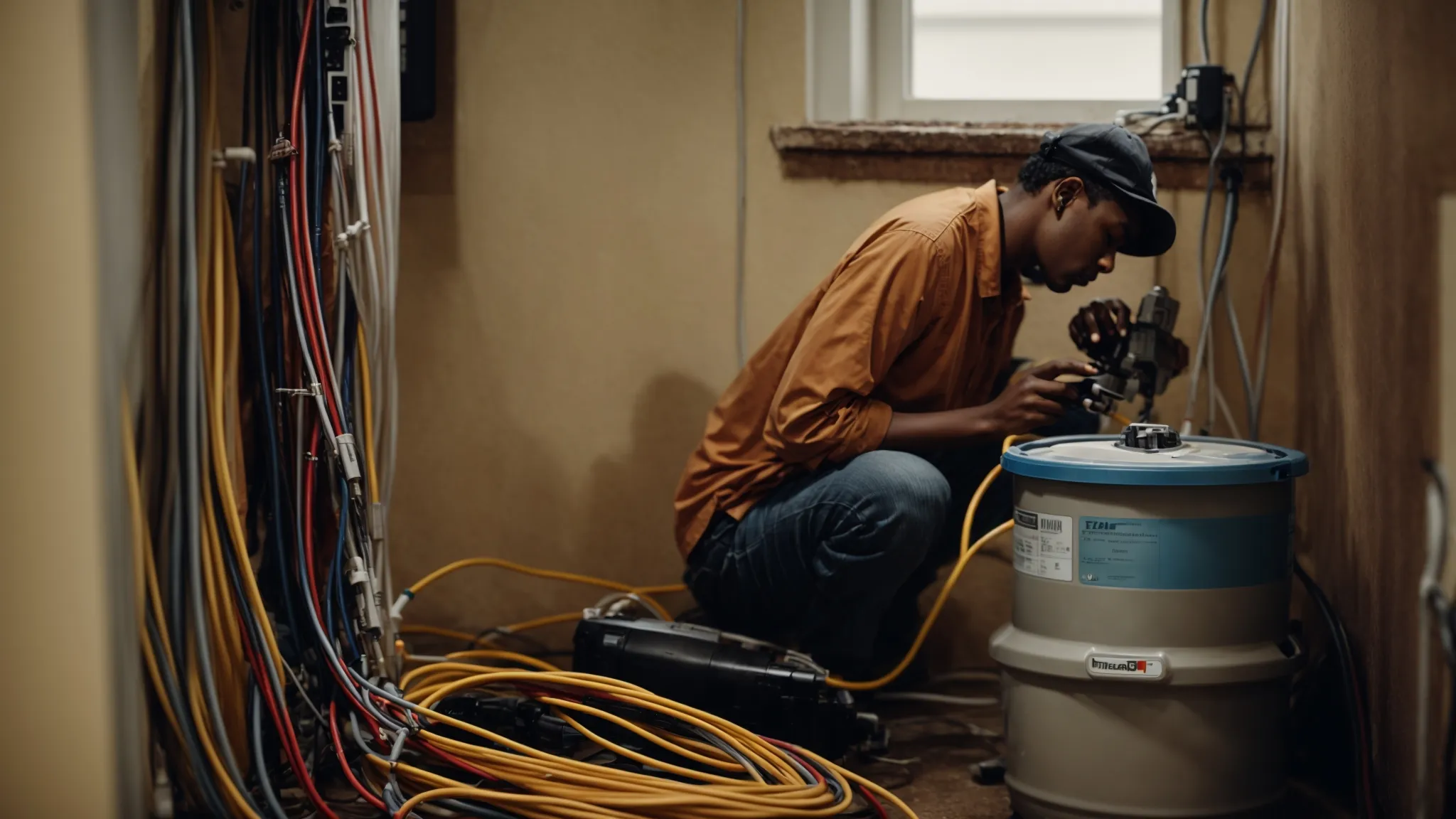To repair a septic tank, it is important to locate any leaks or damages and fix them promptly. Regular maintenance, such as pumping the tank periodically, can prevent major issues and prolong its lifespan.
Maintaining a septic tank is crucial to ensure its proper functioning and prevent costly repairs. A septic tank serves as an underground sewage treatment system for homes that are not connected to a municipal sewer line. Regular maintenance and timely repairs are essential to keep the septic tank in good condition.
We will explore the steps to repair a septic tank, including locating leaks or damages and conducting necessary fixes. By following these guidelines, you can treat your septic system with care, preventing potential health hazards and ensuring its durability over the long term.
Common Signs Of Septic Tank Problems
If you notice an unpleasant foul odor coming from the septic tank area, it could indicate a potential problem with your septic system. Another common sign is slow drains and frequent backups in the plumbing. If you find that your sinks, toilets, or showers are not draining properly, it may be a symptom of septic tank issues. Lush and overly green patches in your yard can also be an indication of a septic tank problem. These patches may indicate that wastewater is overflowing or leaking onto the surface of your lawn. Additionally, if you hear gurgling sounds coming from your plumbing system, it could mean that the septic tank is full and needs to be pumped.
Identifying The Root Cause Of The Problem
Identifying the root cause of the problem is crucial when it comes to repairing a septic tank. One of the first steps is inspecting the tank for leaks or cracks. This can be done by visually examining the tank and checking for any signs of water or sewage escaping from the tank. Additionally, evaluating the drain field for soil saturation is important. Excessive water in the drain field can indicate a problem with the septic system. Another aspect to consider is checking the sludge and scum levels in the tank. Too much accumulated sludge or scum can cause blockages and hinder the proper functioning of the tank. Lastly, testing the effluent quality and system performance is essential to ensure that the septic tank is operating effectively. Regularly monitoring and addressing these factors can help in maintaining and repairing septic tanks.
Assessing The Feasibility Of Repair
Assessing the feasibility of repair for a septic tank requires consulting with a professional septic tank expert who has comprehensive knowledge and experience in septic tank repair. They can evaluate the age and condition of the septic tank to determine if repair is a viable option over replacement. The expert will thoroughly inspect the tank for any signs of damage or deterioration, such as cracks, leaks, or structural issues. They will also assess the overall functionality and capacity of the tank, considering factors like drainage efficiency and waste treatment effectiveness.
Based on their findings, the septic tank professional can provide guidance on the best course of action. They will consider the cost-effectiveness of repair compared to replacement, taking into account the long-term benefits and potential risks associated with each option. Ultimately, their expert opinion will help you make an informed decision and ensure that the repair process is carried out effectively to restore the proper functioning of your septic tank.
Obtaining The Necessary Permits And Approvals
To repair a septic tank, it is crucial to start by obtaining the necessary permits and approvals. Familiarizing yourself with local regulations and codes is essential to ensure compliance and avoid any legal issues. Contacting the appropriate county or municipal authorities is the first step in this process. They will provide you with the information and guidelines related to septic tank repairs.
Once you have gathered all the necessary information, it is important to submit the required documentation for the repair project. This typically includes plans, permits, and any other relevant paperwork. Make sure to fill out all the forms accurately and provide any additional information or fees as required.
By securing the proper permits and approvals and following the local regulations and codes, you can ensure that the septic tank repair project is done safely and legally. It is always best to consult with professionals or experts in the field to guide you through the entire process smoothly.
The Importance Of Professional Septic Tank Inspection
The importance of professional septic tank inspection cannot be overstated. Engaging a certified septic tank inspector ensures that your system is thoroughly assessed for any potential issues. A comprehensive inspection entails evaluating the functionality and condition of the tank, as well as checking the drainfield and other vital components. This detailed assessment allows the inspector to identify any existing problems or functionality concerns that may require attention. Following the inspection, you will receive a report that highlights the recommended repairs or maintenance actions needed to keep your septic system running efficiently. It is crucial to address these issues promptly to prevent further damage and avoid costly repairs in the future. By entrusting the inspection and repair process to a qualified professional, you can rest assured that your septic tank will receive the necessary care it requires to maintain its optimal performance and extend its lifespan.
Repairing Minor Septic Tank Issues
Minor septic tank issues can often be repaired without the need for professional assistance. One common problem that homeowners may face is the need to replace damaged or malfunctioning components in their septic tank system. This could include faulty pumps, broken pipes, or worn-out filters. To address this issue, it is important to first identify the specific component that needs to be replaced and then purchase a suitable replacement. Another common issue is finding leaks or cracks in the tank or pipes, which can be fixed by applying a specialized sealant. Additionally, clearing blockages in the drain field or plumbing system is another common problem that can be resolved by using septic-safe drain cleaners or calling in professional help if the blockage is severe. Regular maintenance, such as septic tank pumping and inspection, can help prevent these issues from occurring in the first place.
Septic Tank Replacement Options
Septic tank replacement is an important decision that requires careful consideration. When choosing between traditional and alternative systems, several factors must be evaluated: cost, durability, and maintenance requirements.
Traditional septic systems are commonly used and can be cost-effective for homeowners. However, alternative systems, such as aerobic treatment units or mound systems, may be more suitable for certain situations, such as small lots or areas with high water tables.
Cost is a significant factor to consider. Traditional systems generally have lower upfront costs, but alternative systems may require additional expenses for installation and ongoing maintenance. Durability is also crucial, as longevity ensures the system will operate efficiently for years to come.
Hiring a professional contractor is essential for a successful replacement process. They will assess the property, determine the best system option, and ensure proper installation. Their expertise and experience ensure that the replacement process is efficient and minimizes any potential issues.

Credit: datamyte.com
Implementing Preventive Measures For Future Septic Tank Problems
To ensure the proper functioning and longevity of your septic tank, it is crucial to implement preventive measures that can prevent future problems. One important step is to educate all household members about the correct usage of the septic system. This includes avoiding flushing non-biodegradable items down the toilet or pouring grease and oil down the drains. By providing clear guidelines, you can minimize the risk of clogged pipes and damage to the septic tank.
Another essential preventive measure is the regular pumping and maintenance of the septic tank. A professional septic tank pumping service should be hired every few years to remove accumulated solids and sludge from the tank. This will prevent blockages and maintain the efficiency of the system.
Monitoring water usage is also crucial for septic tank maintenance. Excessive water discharge can overload the tank and hinder its ability to effectively treat wastewater. Promoting water-saving practices such as fixing leaks, using low-flow fixtures, and spreading out laundry and dishwasher loads can significantly reduce water consumption and alleviate strain on the septic system.
The Importance Of Prompt Septic Tank Repair And Maintenance
The importance of prompt septic tank repair and maintenance
Septic tank repair and maintenance is crucial for several reasons. Firstly, it helps in avoiding costly repairs and system failures. When septic tank issues are neglected, they can escalate into major problems that require extensive repairs and can even lead to system failures. Such repairs can be time-consuming and expensive. Secondly, prompt repair and maintenance of septic tanks are essential for protecting the environment and public health. A malfunctioning septic tank can contaminate nearby soil and water sources, posing a threat to the environment and public health. Lastly, regular maintenance and repair ensure the longevity and functionality of the septic system. By addressing issues promptly, homeowners can extend the lifespan of their septic tanks and avoid premature replacements.
Frequently Asked Questions Of How To Repair Septic Tank
What Are Common Problems With Septic Tanks?
Common problems with septic tanks include clogs, leaks, backups, and drain field issues. Clogs can occur from improper use or buildup of solids. Leaks can lead to groundwater contamination. Backups can result from overuse or lack of maintenance. Drain field issues can cause system failure and costly repairs.
Regular inspections and proper maintenance are necessary to prevent these problems.
How Do You Fix A Slow Draining Septic Tank?
To fix a slow draining septic tank, first, check for any clogs in the pipes or drain field. Next, use a septic-safe unclogging agent or enzyme treatment to break down the blockage. Additionally, avoid flushing harmful materials and maintain regular septic tank pumping.
Seek professional help if the issue persists.
What Is A Home Remedy For Septic Tank Maintenance?
Regularly maintaining your septic tank is crucial for efficient functioning. For home remedies, use bacterial additives to break down waste and prevent odor. Divert excess water away and avoid flushing harmful materials like grease or chemicals. Pump your tank every few years to eliminate solids and prevent blockages.
How Do You Fix A Crack In A Concrete Septic Tank Lid?
To fix a crack in a concrete septic tank lid, use epoxy or concrete sealant. Clean the crack, apply the chosen material carefully, and let it dry completely. This will help prevent further damage and maintain the integrity of the septic system.
Conclusion
Proper maintenance and timely repairs are crucial for a well-functioning septic tank. By following the steps outlined in this blog post, you can ensure that your septic system remains in good working condition and avoid costly and potentially hazardous issues.
Remember to schedule regular inspections, address minor problems promptly, and seek professional assistance when needed. With a little effort, you can maintain a healthy and efficient septic tank for years to come.
